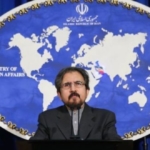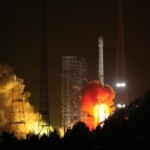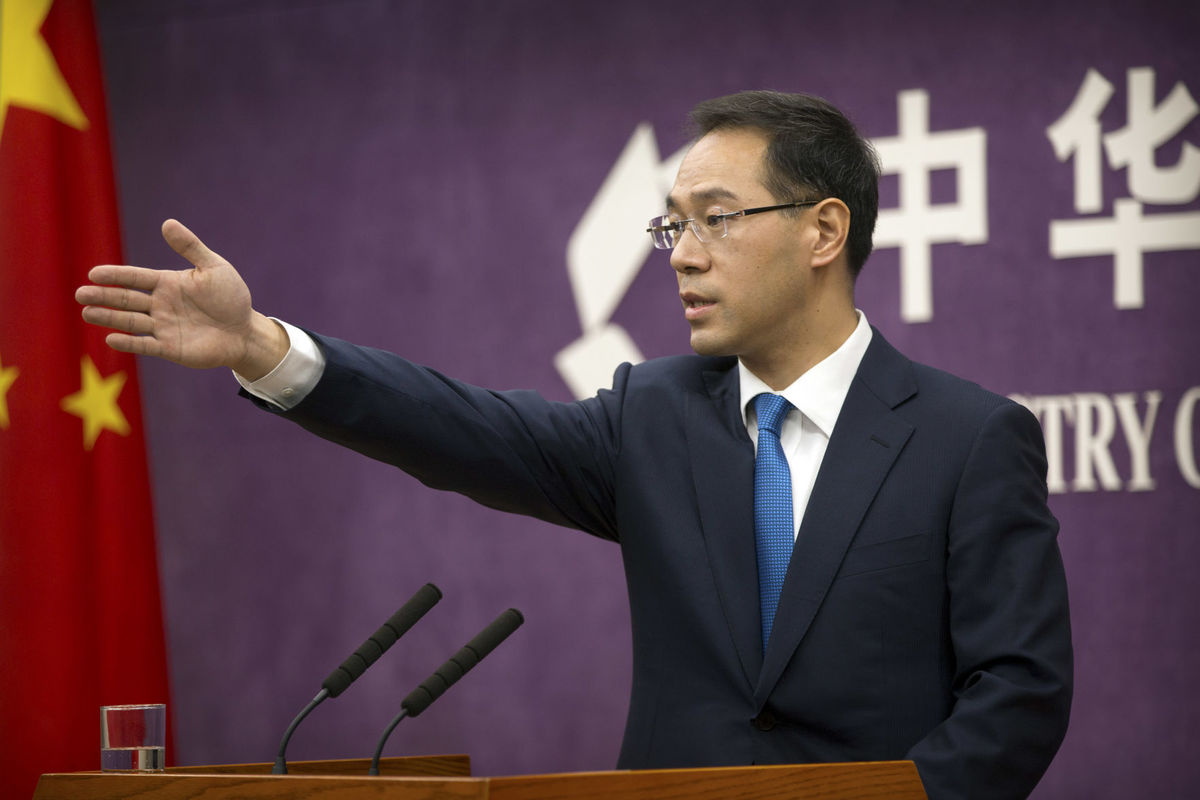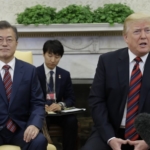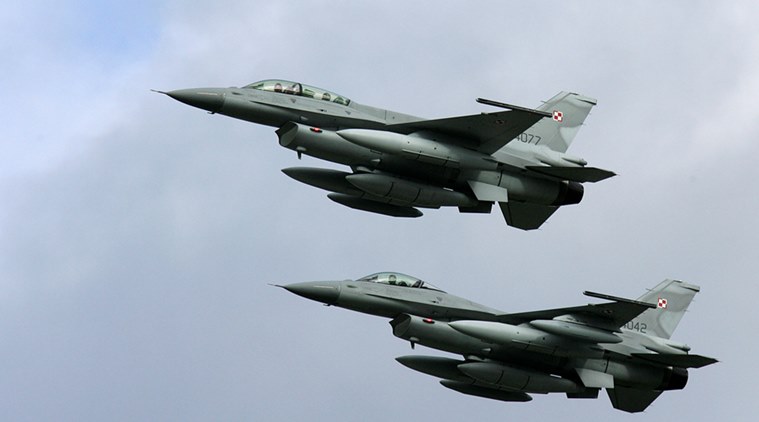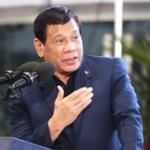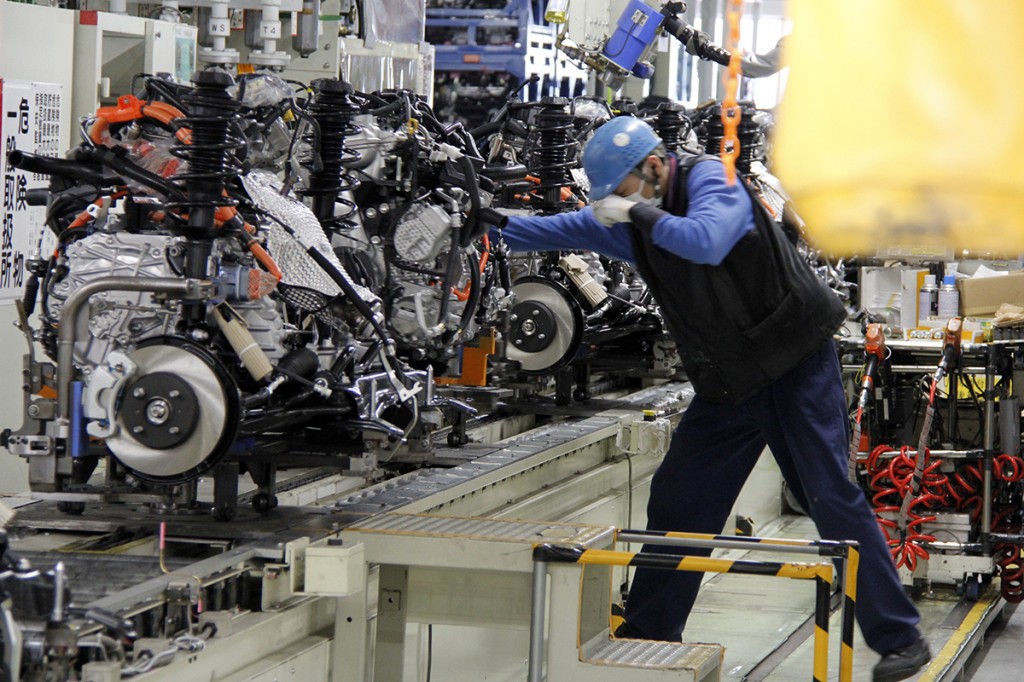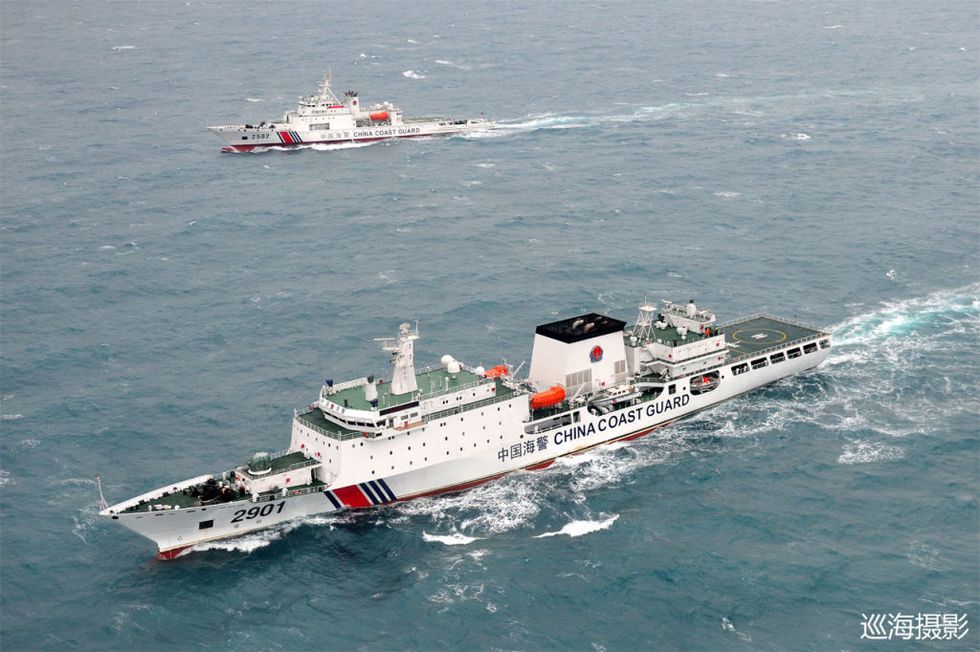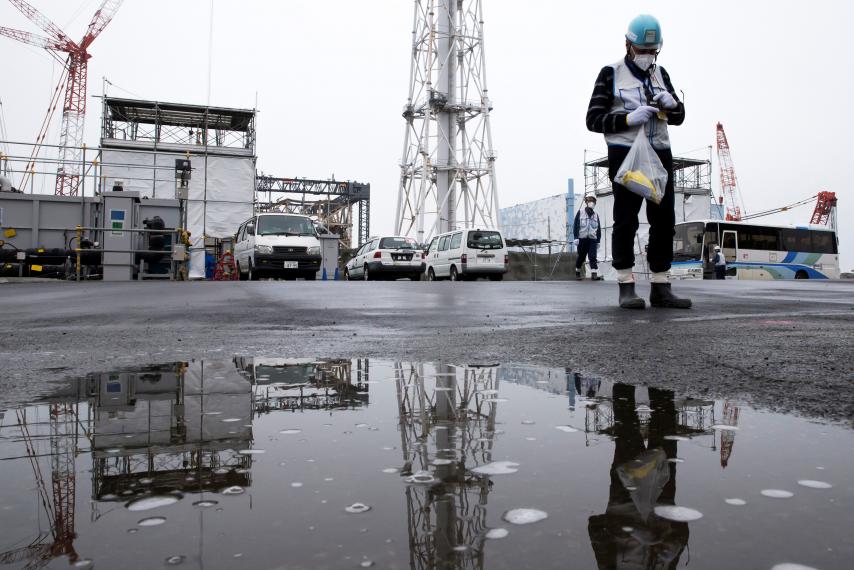PA and UN perceptions of Friday’s riot

The balance of the Palestinian demonstration that took place on Friday along the Israeli-Gaza border is at least 16 Palestinians killed and hundreds injured, the Palestinian envoy to the UN spoke of over 1400 people, by Israeli security forces as they tried to face tens of thousands of Palestinians gathered along the 65 km fenced border. According to army estimates, 30,000 took part in the event, but the conditions for its peaceful development with the passing of the day were not followed, in fact, hundreds of young Palestinians ignored the calls of the organizers and the Israeli army to stay far from the border, where Israel soldiers across the border watched that people did not try to damage the security fence. The militias reported that blows were fired only on those who tried to sabotage the infrastructure, while Palestinian officials said Israeli forces used firearms against demonstrators, as well as tear gas, also launched with a drone, and rubber bullets.
The United Nations Security Council was informed of the violence in Gaza at the request of Kuwait; the Secretary General Antonio Guterres called for an independent and transparent investigation and asked “those concerned to refrain from any action that could lead to further victims and in particular any measure that could put civilians in danger”. Palestinian President Mahmoud Abbas said in a statement that Israel was responsible for the violence and declared a national day of mourning on Saturday. The United States declared itself “deeply saddened” by what happened, inviting all those involved to take steps to reduce tensions and reduce the risk of new confrontations.



